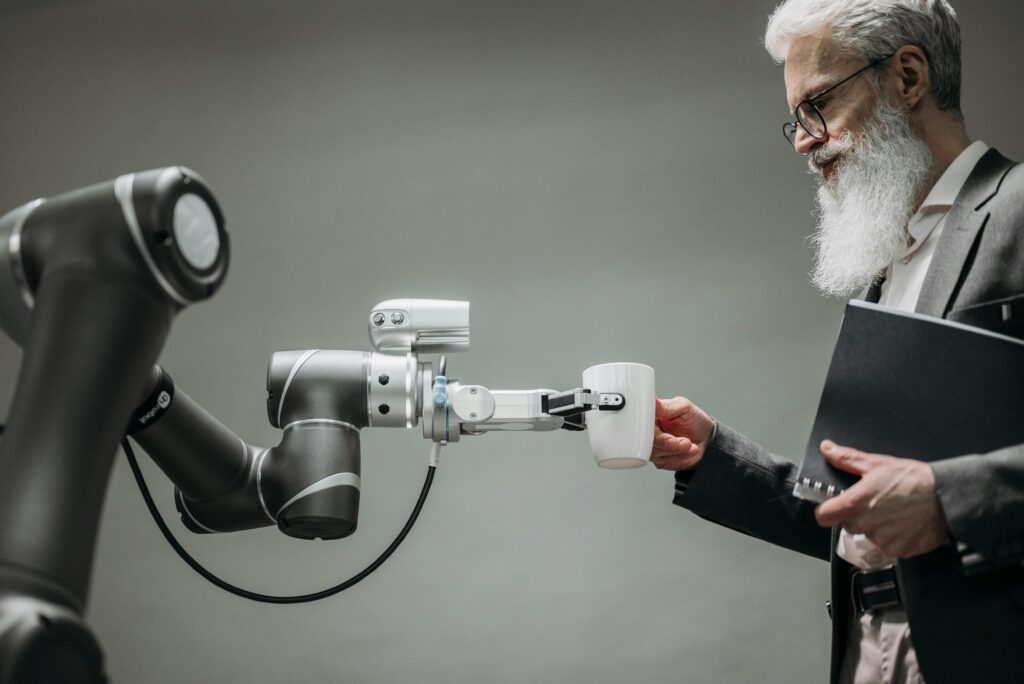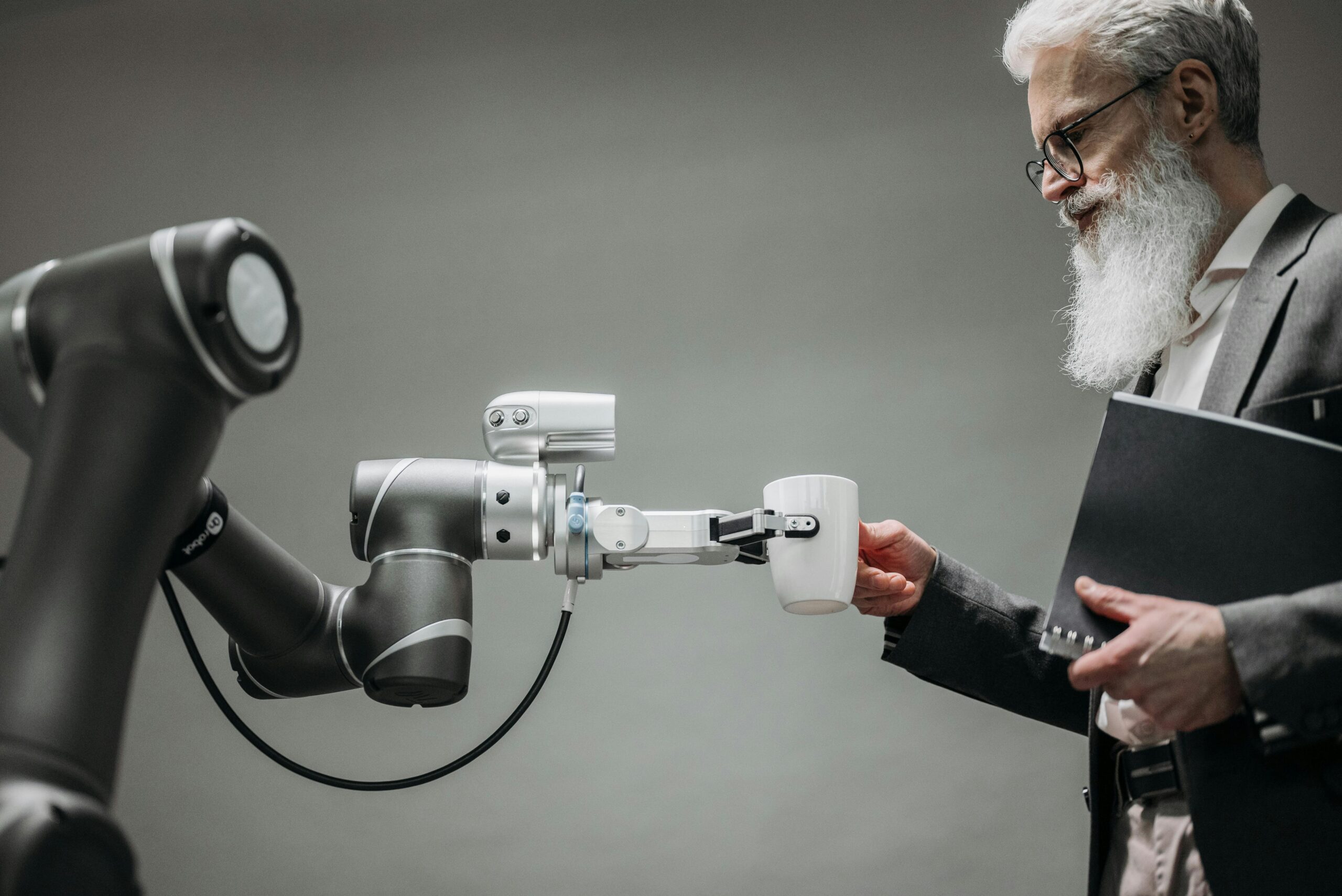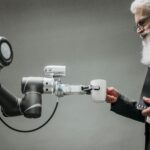The rapid advancement of artificial intelligence (AI) is reshaping various aspects of our lives, and its impact on the job market is one of the most significant transformations of the modern era. As we enter 2024, AI technologies are not only augmenting existing jobs but also creating entirely new roles, redefining skill requirements, and challenging traditional employment structures. This article explores the multifaceted ways in which AI is transforming the job market, including the emergence of new opportunities, the evolution of skills needed, and the implications for workers and employers.
1. The Emergence of New Job Roles
AI is giving rise to an array of new job roles that did not exist a few years ago. These roles are often centered around the development, maintenance, and ethical considerations of AI technologies. For instance:
a. AI Ethics Specialists
As AI systems become more pervasive, the need for professionals who can navigate the ethical implications of these technologies is paramount. AI ethics specialists are tasked with ensuring that AI applications adhere to ethical guidelines and do not perpetuate biases. They work to establish frameworks for responsible AI usage, focusing on fairness, transparency, and accountability.

b. Data Curators and Analysts
AI systems rely heavily on data to function effectively. Data curators are responsible for collecting, organizing, and maintaining high-quality datasets that AI models use for training. They play a critical role in ensuring that the data is relevant, accurate, and free from biases. Additionally, data analysts interpret the outputs of AI systems, providing insights that guide decision-making in organizations.
c. AI Trainers
AI trainers work to improve machine learning algorithms by providing them with specific instructions and feedback. They are responsible for training AI systems to recognize patterns, understand language, and make predictions. This role requires a blend of technical skills and domain knowledge, as trainers must tailor AI models to meet specific business needs.
2. The Evolution of Skill Requirements
As AI continues to permeate various industries, the skills required for many jobs are evolving. Traditional roles are being redefined, and new skill sets are becoming essential.
a. Technical Proficiency
A foundational understanding of AI and machine learning is increasingly important across many sectors. While not every job will require advanced programming skills, familiarity with AI concepts, data analysis tools, and the ability to work alongside AI systems will be crucial. Professionals in fields such as marketing, finance, healthcare, and education will benefit from gaining insights into how AI can enhance their work.
b. Adaptability and Continuous Learning
The fast-paced nature of AI development necessitates that workers cultivate adaptability and a mindset geared towards continuous learning. The job market will demand individuals who can quickly learn new tools and technologies, as well as those who are open to re-skilling and up-skilling to remain competitive. Online courses, workshops, and certification programs will become essential for professional development.
c. Soft Skills
While technical skills are crucial, soft skills will also gain prominence. AI cannot replicate human qualities such as empathy, creativity, and critical thinking. As automation takes over routine tasks, employees who can leverage their emotional intelligence, collaborate effectively, and think innovatively will be highly valued. Employers will seek individuals who can complement AI capabilities with human insights and judgment.
3. The Impact on Job Displacement and Creation
One of the most debated aspects of AI’s impact on the job market is its potential to displace jobs. However, while certain roles may become obsolete, AI is also creating new opportunities.
a. Job Displacement
Roles that involve repetitive, manual tasks are most at risk of being automated. For example, positions in manufacturing, data entry, and basic customer service may decline as AI systems take over these functions. Workers in these areas may face challenges, particularly if they lack the skills to transition into more complex roles.
b. Job Creation
Conversely, AI is expected to create millions of new jobs. According to a report by the World Economic Forum, AI could displace around 85 million jobs by 2025, but it could also create 97 million new roles, resulting in a net gain of approximately 12 million jobs globally. New industries and services will emerge, leading to increased demand for professionals who can harness AI technologies effectively.
4. The Role of Employers and Organizations
Employers play a crucial role in navigating the transition brought about by AI. Companies must adopt proactive strategies to adapt to the changing landscape.
a. Investing in Employee Training
Organizations need to prioritize employee training and development to equip their workforce with the necessary skills to work alongside AI technologies. By offering reskilling programs and upskilling opportunities, companies can ensure that their employees remain relevant and capable of leveraging AI effectively.
b. Fostering a Culture of Innovation
A culture that embraces innovation and experimentation will be essential for organizations to thrive in an AI-driven world. Employers should encourage employees to explore new ideas and integrate AI into their workflows. This approach not only enhances productivity but also positions organizations as leaders in their respective industries.
c. Focusing on Diversity and Inclusion
As AI technologies evolve, it is vital to ensure that diverse perspectives are included in their development. Employers should actively promote diversity and inclusion within their teams, as this fosters creativity and helps mitigate biases in AI systems. A diverse workforce can better understand the needs of various user groups and create solutions that cater to a broader audience.
5. The Future of Work
Looking ahead, the job market will continue to be shaped by AI advancements. Remote work, flexible schedules, and gig economy roles are becoming increasingly prevalent, partly due to AI’s ability to facilitate virtual collaboration and communication.
a. Remote Work and AI
The rise of AI tools that support remote work is changing how businesses operate. AI-driven platforms can enhance virtual communication, project management, and performance tracking, making it easier for teams to collaborate regardless of geographical location. This trend opens up new employment opportunities, as organizations can hire talent from anywhere in the world.
b. Gig Economy Growth
AI is also contributing to the growth of the gig economy, where individuals can offer their skills on a freelance basis. Platforms powered by AI match freelancers with clients seeking specific services, creating a flexible workforce that meets the demands of the modern economy. This shift allows workers to diversify their income streams and pursue projects that align with their interests and skills.
As we move through 2024, the transformation of the job market by AI is undeniable. While challenges such as job displacement and the need for new skills arise, the opportunities presented by AI are equally significant. By embracing the changes brought about by AI, workers and employers can navigate the evolving landscape and thrive in the future of work. The key lies in adaptability, continuous learning, and fostering a collaborative environment where human creativity and AI capabilities complement each other, leading to a more innovative and productive workforce.










